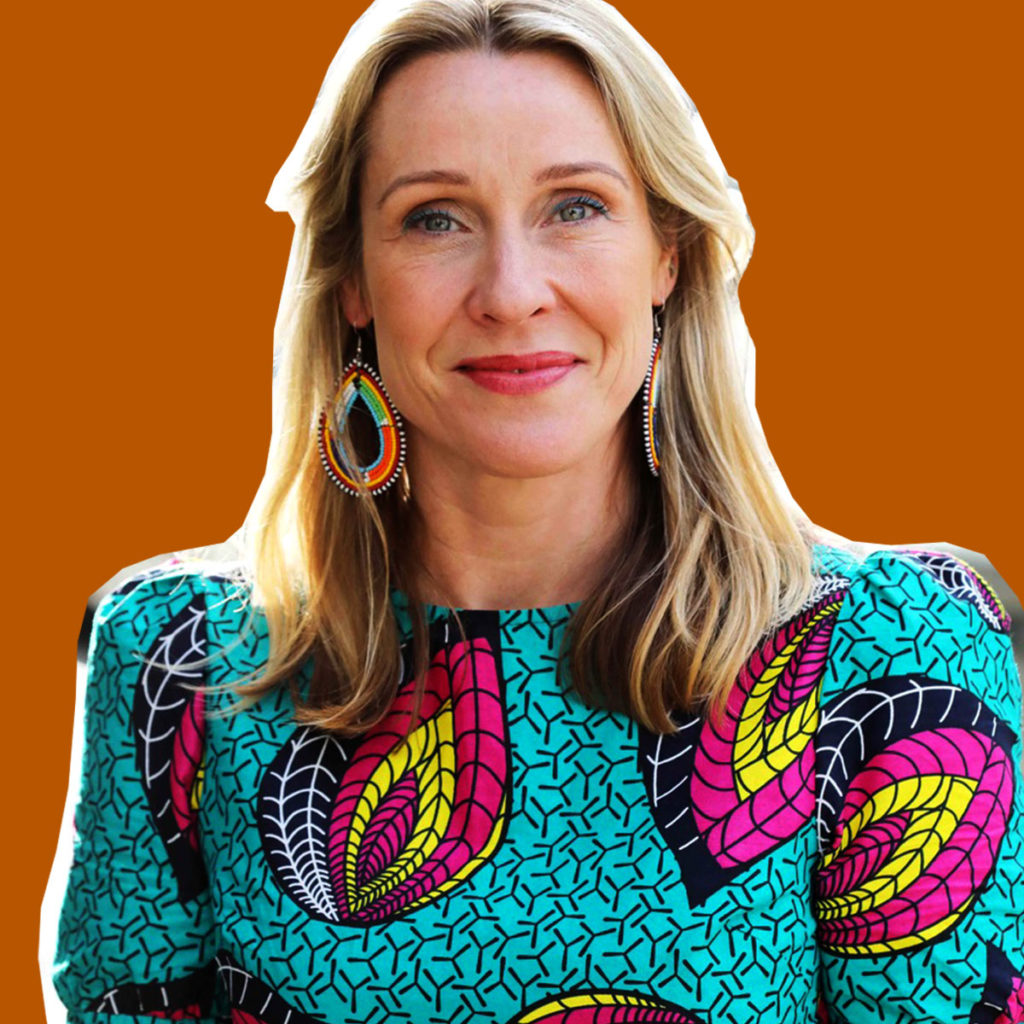
Enough Racism in Farming
Angela Dawson lost the farm.
After two years of law school, she had decided that the life of a corporate attorney wasn’t for her, and she returned to northern Minnesota with dreams of starting an organic farm. Dawson sunk her savings into the land, secured contracts, and started enrolling members in a CSA. All she needed was a small loan from the USDA to secure appropriate housing and space for her organic hogs.
“There was a program right there on the USDA website for ‘socially disadvantaged farmers,’” says Dawson. The stated purpose of the USDA’s 2501 Program is to assist farmers and ranchers who “have experienced barriers…due to racial or ethnic prejudice.” Dawson, who is Black and Indigenous, figured this program was exactly for people like her—people of color with no prior farm loans, no relationship with the USDA stretching back generations. She arrived at her regional USDA office with her business plan, her contracts, and her request for a $50,000 microloan. “They kept asking why I was there,” she recalls. “They kept saying they didn’t understand my application—that they typically see corporate crop contracts, not applications from small organic farms—and they didn’t know how to deal with me. They also pointed out that women were typically co-applicants, not the lead applicant. This was in 2018!”
After nine months in limbo, the USDA rejected Dawson’s application (only later did she discover that the official reason was because she had missed a student loan payment ten years earlier—during a time when, Dawson says, her loan was in deferment). Without the infusion of cash, Dawson had to sell her hogs, and she eventually lost the entire farm.
“After that experience,” Dawson says, “I realized that if I wanted to become a farmer, I wasn’t going to be able to rely on the USDA. And that’s why I started the 40 Acre Cooperative.”
Cooperatives are businesses that are owned and operated by their members—think Vermont’s Cabot Creamery or San Francisco’s Arizmendi Bakery. “The cooperative model is really strong in Minnesota,” Dawson explains. “There are more food co-ops per capita here than in any other state—but usually you’ll find them in the nice, rich, white areas.” During the Civil Rights Era, Southern Black farmers fought back against a system that was built to exclude them by forming cooperatives, taking collective action to access credit and market their produce. 40 Acre Co-op, which Dawson says is the first national Black farmer cooperative since Reconstruction, is built on that model. Member farmers can attend educational webinars, purchase seed and equipment at discounted rates, and obtain help navigating Byzantine state-by-state licensing requirements.

Image courtesy Forty Acre Co-op.
This last facet is particularly significant, because what 40 Acre Cooperative members farm is hemp. Dawson spent a season in Oregon learning how to grow it, and she was struck by the plant’s potential. “Our main customers were veterans who wanted medical grade CBD to replace the narcotics they’d been prescribed,” she recollects. “I realized that it was only a matter of time before other cities and states recognized the benefits of the hemp, both economic and social.”
In the last few years, CBD has become ubiquitous as a natural pain reliever, sleep aid, and mood enhancer. It’s sold in tincture, balm, and gummy form; it’s infused into coffee, pet treats, and breakfast cereal. With cannabidiol gone mainstream, it’s perhaps easy for some to forget that the criminalization of cannabis has devastated entire communities—specifically communities of color. According to a 2020 report by the ACLU, Black Americans are nearly four times as likely to be arrested for marijuana possession than white Americans, despite rates of usage being similar. Now, as states legalize cannabis for medical and recreational purposes, Dawson’s experience with the USDA is a cautionary tale about how racial injustices will continue to snowball without a singular focus on equity. Black Americans have been disproportionately punished in the prohibitionist past, and if legalization is the future, they will not be the ones to profit under the current system.

Angela Dawson, Co-Founder, President & CEO of Forty Acre Co-op.
Dawson and 40 Acre Cooperative are working to change that. “We have a group of farmers in Georgia right now,” she says. In-state cultivation of hemp was legalized in Georgia in 2019, but in order to obtain a grower license, a farmer must have an affidavit from a permitted processor, demonstrating that her crop is part of a closed circuit that follows all legal protocols. “There are only five processors in the state,” says Dawson, “so they hold all the power. Last year, one of our guys had a contract, but the processor never came to pick up his crop. It just sat there, getting moldy.” It costs $25,000 to obtain a processing license in Georgia—a sum likely out of reach for an individual farmer without access to intergenerational wealth. But thanks to the power of collective action, 40 Acre Co-op is considering becoming a processor, removing barriers for its members in Georgia, and opening up opportunities for other farmers of color.
At the end of the Civil War, formerly enslaved people were promised 40 acres and a mule—a proposition that would have redistributed Confederate plantation land to the people who had tilled the fields in bondage. Had this come to pass, the face of American farming would look radically different today. In 1920, there were nearly one million Black farmers. Many of them were sharecroppers, working land that they would never be able to pass on to their children. As a result, today Black farmers in America number 45,000—a 95% decline in one century. “We have had an extinction of Black farmers in this country,” Dawson says. “That’s 50 million acres of land lost—through violent means in the South and more insidious methods in the North, like ensuring Black people couldn’t access USDA loans.” Dawson goes on to reference Pigford v. Glickman, the 1999 class-action suit brought against the USDA by tens of thousands of Black farmers. “It took thirty years for the government to recognize the Black farmers in Pigford. Thirty years, and there were heavy attorneys involved! So what chance did I have when it was just me and my partner trying to start a farm? We had to try something else. If we want to update the narrative for Black, Indigenous, and other excluded farmers, we need to take matters into our own hands.”




